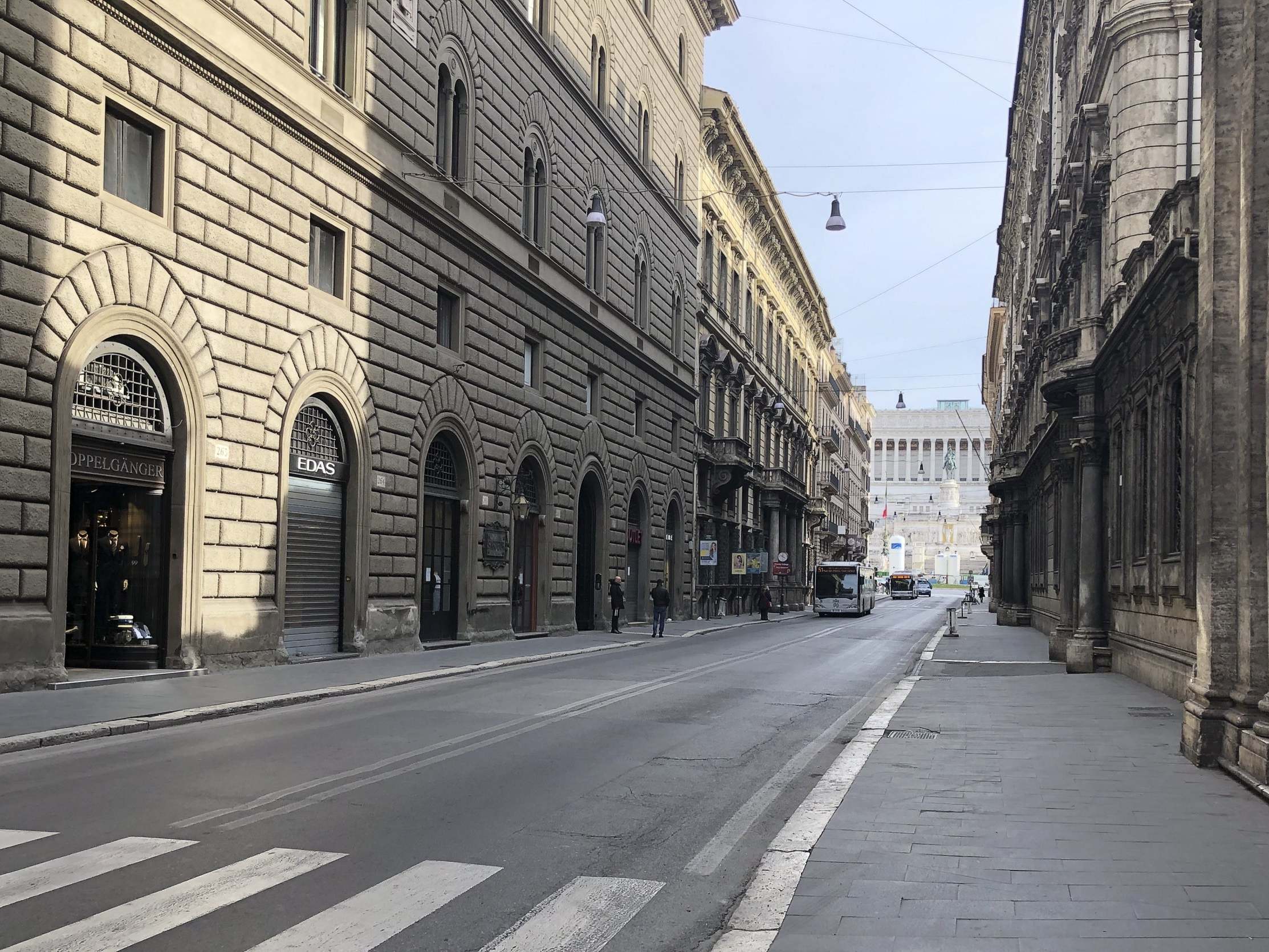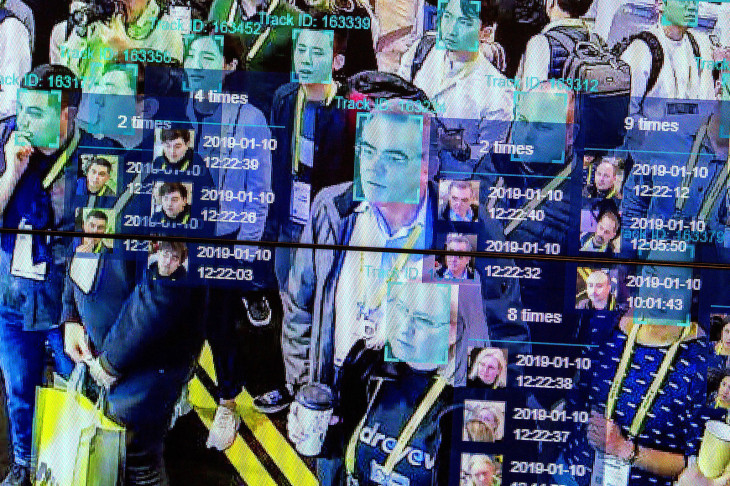The post Coronavirus era can only be a figment of imagination, as depicted by the sci-fi movies. The nationwide lockdown has given the scope to all the citizens to continue working from the safety of their homes. The video conferencing apps and online platforms are aiding The Future of Work, but is it enough? The Future of Work is surely at stake for the outbreak of the contagious Coronavirus disease or COVID-19, but what about the Future of Mankind? After the 21 days of nationwide lockdown, what will happen? Will the lockdown be extended? The people of the world are now united with having to fight against one common enemy, and that is the coronavirus. The contagion has so far affected lakhs of people around the globe and thousands in India.

Majority of countries, the so-called developed Western economies have to shut down operations and go for lockdown due to the contagion. The European countries like Italy, Spain, and the UK have become the new epicentre of the disease, along with the USA. These developed nations are falling weak in front of the contagion, what will developing countries like India do at this hour? Extended lockdown, suspension of visas and flight operations, suspension of transport and shutting down of offices and shops for practising home quarantine may prove to be detrimental for the post contagion era.
The disease has compelled us to maintain social distancing, to live without spending in fancy restaurants, multiplexes, apparels etc. The basic needs of mankind are food, clothing and shelter. We have these three with us, and we are fortunate about that. But, there are thousands and millions of others who are devoid of the basic amenities. In India, more than 70% of the population is hailing from the rural sector, they may have their own places to live and few clothes to wear, but food? Food is the biggest concern for a poor country like India. My words may sound harsh, but dense population and low medical infrastructures make the situation more challenging for us.
Millions of people migrate annually, from their villages to the cities in search of employment both full time and contractual. Now, with the nationwide lockdown, they have either returned to their villages or stuck in cities with uncertainty about future employment. The labour or the working classes are facing the maximum wrath of the lockdown and probably thinking about “how will we live tomorrow?” For them, the post coronavirus era seem no better than the present!

When the affluent section of the society is happily spending the home quarantine by uploading cooking, home workout videos and makeup tutorials, the lower strata are having sleepless nights. The virus has made social polarization even more prominent than ever. Unemployment, layoffs, pay cuts, are obviously the eminent possibility that the future and post coronavirus era holds for us. The global economy is experiencing a colossal slump as businesses and households struggle to maintain sanity amidst the rising contagion and the restrictions already in action. Like the fall of the Berlin Wall or the collapse of the Lehman Brothers, the pandemic will leave a long-lasting effect on the social, political and economic dynamics. The disease has claimed lives, shattered markets, revealed the incompetence of the governments, and has aired a shift from the existing world order.
The coronavirus originated from the Wuhan district of China, with dense population also the vast country has managed to tackle the pandemic and the situation is getting normalized in that country. Japan, being a much smaller nation in comparison to the USA has brought the situation under control. But, the USA is still struggling and the number of casualties is skyrocketing on a daily basis. The post contagion era may call for China-centric globalization, there are some strong possibilities.
As per Kishore Mahbubani, the reputed author of the book of ‘Has China Won?’ and distinguished fellow at the National University of Singapore’s Asia Research Institute opined that, “the American population has lost faith in globalization and international trade. Free trade agreements are toxic, with or without U.S. President Donald Trump. By contrast, China has not lost faith. Why not? There are deeper historical reasons. Chinese leaders now know well that China’s century of humiliation from 1842 to 1949 was a result of its own complacency and a futile effort by its leaders to cut it off from the world. By contrast, the past few decades of economic resurgence were a result of global engagement. Chinese people have also experienced an explosion of cultural confidence. They believe they can compete anywhere.”

Technological advancements have encroached deeply in our lives and the humankind is well accustomed and now comfortable with it. The digitization and globalization have made us comfortable in giving our personal data on online platforms, like revealing bank details on the eCommerce platforms. The technological innovations have aided mankind during the crises. In China, the authorities are detecting suspected coronavirus carriers by using millions of face-recognizing cameras. They are monitoring the people’s smartphones, and by obliging people to go for regular health check-up and report their body temperature and health conditions. The Chinese government can thus track the movements of the people, where they are going and with whom they are meeting.
A range of mobile apps (coronavirus tracker launched by Microsoft) has been developed to detect the proximity to coronavirus affected patients. The shift to “under-the-skin surveillance” from “over-the-skin surveillance” may happen within no time. And this system may be normalized and create a mark in the history of surveillance. The introduction of mass surveillance tools can help in the time of the pandemic but also breach the privacy and confidentiality in the post coronavirus era. Coronavirus is not the first of its kind, and will also not be the last. The temporary measures taken during emergencies can often last for a longer period of time. The governments may think that surveillance can be a precaution for similar future outbreaks. If given a choice to the mass between health and privacy, they will obviously choose the former one.
The common man has the right to choose both health and privacy. As stated by G.B. Shaw in his BBC radio speech “Freedom”, the common man has the false notion of freedom, he thinks that the authorities are good enough to give him options from which he can choose “freely”, but that is not it.
The contagion calls for nationalist solidarity and global cooperation. Such an amicable global relationship must extend in the post coronavirus as well. This is not the problem of a singular nation, but many countries of the world. The USA can learn a great deal from China about the pandemic and how to deal with it. What a Spanish doctor is discovering in his own cabin can save thousands in India. When the UK government is dwindling between policies and regulations, it can get ideas from Koreans who were in a similar situation a few months back. Global cooperation, trust and sharing of valuable information are the need of the hour. Instead of every country trying to do it locally, a global effort can accelerate the situation and improve the condition.
India is lacking in infrastructure, it can get help from other developed nations, instead of just doing whatever they can. The pandemic has attacked globally, so a unified global effort is essential for fighting against the common enemy. Just like in the Second World War, the countries were joining hands and fighting against the enemies. The trio of Stalin, Roosevelt and Churchill fought together against the German dictator Adolf Hitler. A collective paralysis has made the global community ineffective, and they are busy fighting the war alone against the COVID-19. During the financial crisis of 2008 and the Ebola outbreak of 2014, the US took the position of an ideal global leader, unlike the current US administration. How the nations are dealing with the pandemic will greatly affect future global relations.
The director and the chief executive officer of Chatham House Robin Niblett think that “The coronavirus pandemic could be the straw that breaks the camel’s back of economic globalization. China’s growing economic and military power had already provoked a bipartisan determination in the United States to decouple China from U.S.-sourced high technology and intellectual property and try to force allies to follow suit. Increasing public and political pressure to meet carbon emissions reduction targets had already called into question many companies’ reliance on long-distance supply chains. Now, COVID-19 is forcing governments, companies, and societies to strengthen their capacity to cope with extended periods of economic self-isolation.
It seems highly unlikely in this context that the world will return to the idea of mutually beneficial globalization that defined the early 21st century. And without the incentive to protect the shared gains from global economic integration, the architecture of global economic governance established in the 20th century will quickly atrophy. It will then take enormous self-discipline for political leaders to sustain international cooperation and not retreat into overt geopolitical competition.
Proving to their citizens that they can manage the COVID-19 crisis will buy leaders some political capital. But those who fail will find it hard to resist the temptation to blame others for their failure.”
The global relations are at stake, the post coronavirus era has little chance to improve it. The human lives are at stake, but nature seems to recover. The Ozone hole is recovering at a steady pace, with reduced pollution and low emission of greenhouse gasses. Nature is likely to recover from the injuries caused by mankind’s notion of luxury. The ecological balance and the economic balance are transforming during the times of the coronavirus. We do not know when the situation will be normalized even with the dawning of the post coronavirus era, but things will never be the same like before. The global economic slowdown and the rising death toll mark the present situation. Washing hands with soap and hoping for a better tomorrow seems to be the only options left for the common man.

